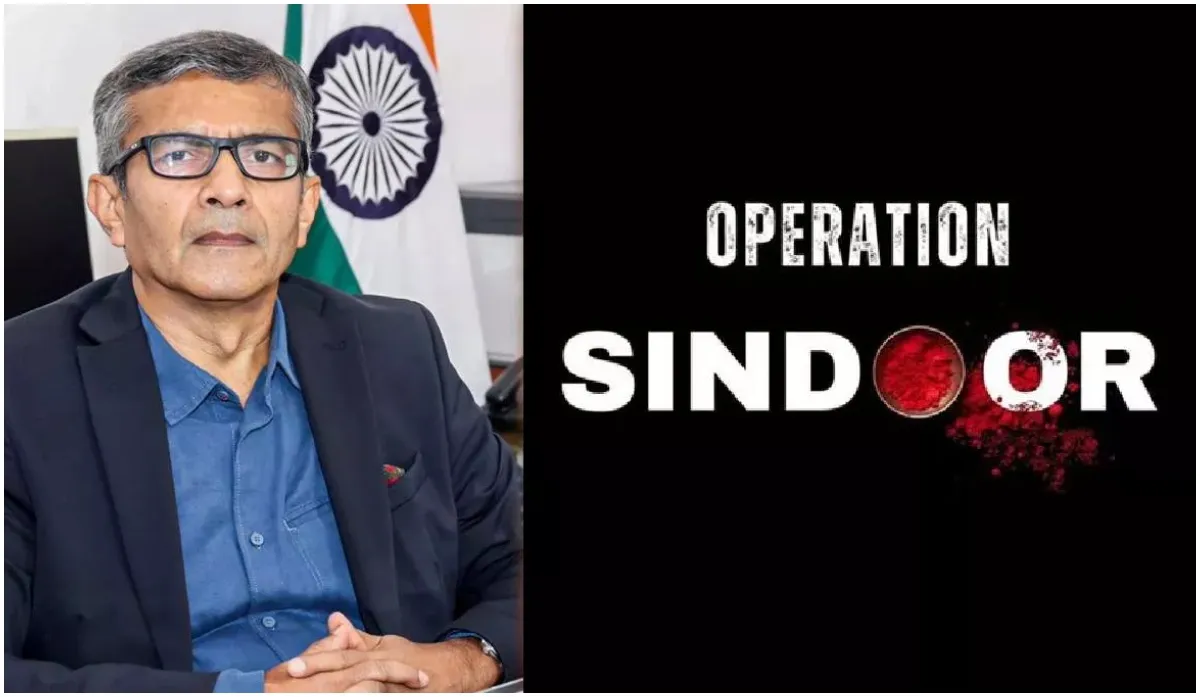- By Shubham Bajpai
- Sat, 30 Aug 2025 03:22 PM (IST)
- Source:JND
Defence Secretary Rajesh Kumar Singh on Saturday asserted that those involved in the Operation Sindoor were confident of dominating Pakistan in the clashes right from the beginning.
He, however, added that he was a little tense on the first day, but there was no real stress as he used to play tennis every morning during the four-day escalation. The Defence Secretary was speaking at the NDTV Defence Summit on Saturday.
When asked if he was tense, he said, "A little bit tense on the first day. But every morning, I played tennis, so there was no real stress for me in that sense."
Speaking about his role, he said that he was not required in the war room until later, when they had an update. However, his role involved being regularly updated on every information related to the operation.
He said, "I don't take part in operational...I don't sit in the war room until later when we have an update. I used to get updates regularly in terms of what was happening, events, and losses if any. But thankfully, we hardly had any losses. We inflicted most of the losses. We were very confident right from the first (day) that we will be able to escalate if it escalates further, and dominate, and make them succumb."
India's Operation Sindoor was in response to the terrorist attack in Pahalgam where 26 civilians, including a Nepali national, were killed after terrorists ascertain their religious identity. The attack was one of most gruesome in the valley in the past decade.
On the diplomatic front, India took strict actions against Pakistan, to which Pakistan responded in similar action as Islamabad, as usual, denied its role in the dastardly attack.
On May 7, India launches a major offensive against the terror infrastructures, not only at launch pads in Pakistan occupied Kashmir, but deep inside the Pakistani cities and at the headquarters of Jaish-e-Muhammad (JeM) and Lashkar-e-Taiba (LeT).
